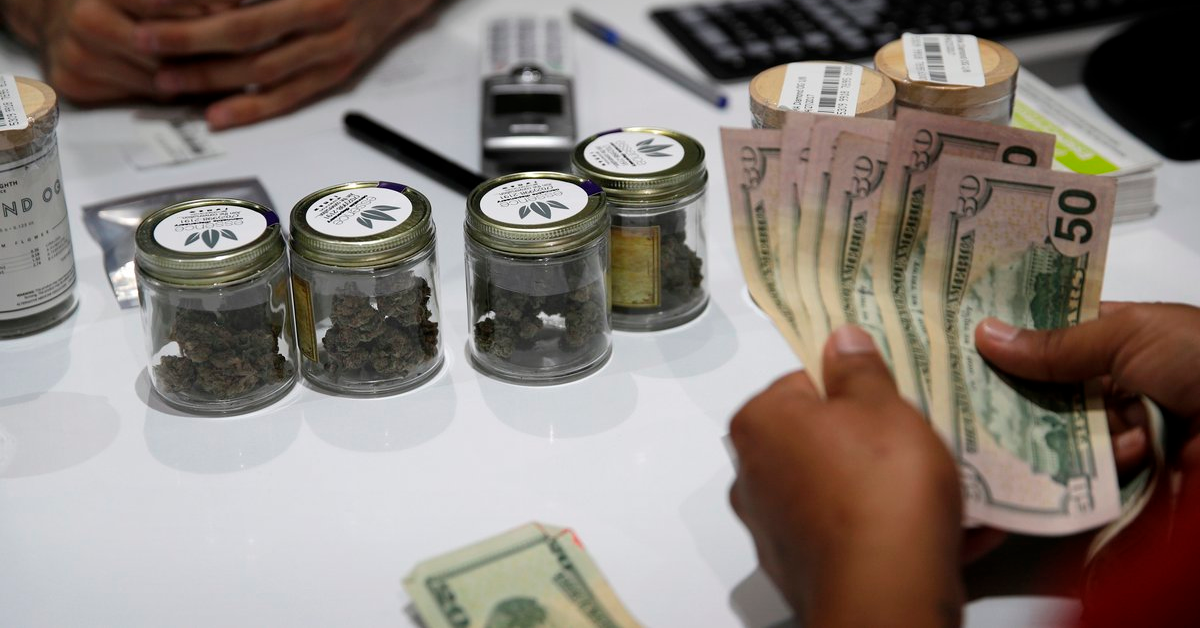Michigan Marijuana Sales Hit New Record in July

Michigan witnessed a record-breaking month in July, with cannabis sales soaring to nearly $277 million. The majority of these sales, amounting to $270,603,217, came from adult-use marijuana, while medical marijuana sales stood at $6,143,046. This represents an increase of over $16 million from the previous record set in June.
The data from the Michigan Cannabis Regulatory Agency (CRA) revealed that the predominant form of cannabis purchased was flower, followed by vape cartridges and infused edibles. This information was initially reported by New Cannabis Ventures.
Interestingly, these escalating sales figures are being recorded even as the average cost of marijuana remains notably low. Currently, the price for an ounce of adult-use cannabis is around $98, compared to its cost of approximately $180 in December 2021. The average cost for medical marijuana in July was slightly higher at $102 an ounce.
Market Dynamics and Regulatory Landscape
The Michigan cannabis market's growth is commendable, but the sector isn't without its challenges. The federal prohibition on cannabis means that many businesses in this space lack access to conventional financial services. This restriction has fostered a predominantly cash-driven industry, which becomes an attractive target for criminal activities.
In a notable incident, former Michigan House Speaker Rick Johnson (R), who later chaired the state's Marijuana Licensing Board, was charged in April for allegedly accepting bribes. The charges pertained to the provision of insider information and aid to specific license applicants. Plea agreements were subsequently reached in this case.
State's Proactive Approach to Cannabis Revenue and Policies
Michigan has actively channeled tax revenues from adult-use cannabis sales for research and public welfare. Last year, regulators disclosed plans to allocate another series of grants to fund research into the therapeutic benefits of marijuana for military veterans. In this phase, the CRA proposed granting $20 million to two universities under the Veteran Marijuana Research (VMR) Grant Program.
Additionally, the state announced the distribution of nearly $150 million in marijuana tax revenue last year. This amount was divided among localities, public schools, and a transportation fund.
In a progressive policy shift, Michigan officials recently revised the state's employment guidelines. As per the new rules, most government job applicants will not be subject to pre-employment marijuana drug testing.
Share this article:
Spotted a typo, grammatical error, or a factual inaccuracy? Let us know - we're committed to correcting errors swiftly and accurately!








 Helpful Links
Helpful Links